
I’m sure you have come across peaked my interest or peeked my interest when reading. However, to be clear, the correct form of the expression is piqued my interest.
I noticed this error in a text, which piqued my curiosity enough to write this short article.
The problem, of course, is that the words piqued, peaked, and peeked are homophones. The words don’t cause us any problems when we speak because even if the spelling is different, they sound the same.
However, when you write, it’s always better to do a quick check to make sure you use the correct word and spelling.
Why piqued my interest is correct
There are a lot of confusing words in English, and the word piqued is a strange one.
The word’s origin is from the mid-16th century.
It derives from the French verb piquer, which means to prick or irritate.
These two meanings still apply to the word piqued, but now one is for the noun and the other for the verb.
When you use pique as a noun, it means feeling or having a sense of irritation or displeasure resulting from an insult that affects one’s pride.
The common expression is that he left in a fit of pique.
But pique as a verb is totally different. Its sense relates to the verb prick, which means to provoke an action.
The action is to arouse interest or curiosity in something.
So you would say my curiosity was piqued, or good writing is about piquing a reader’s interest.
That’s why we collocate the verb pique with curiosity and interest.
Usage of piqued, peaked, and peeked in writing
Even though the expression’s origins are quite old, it surprisingly only came into regular use in English around 1960.
You can see the increasing use from this Ngram graph.
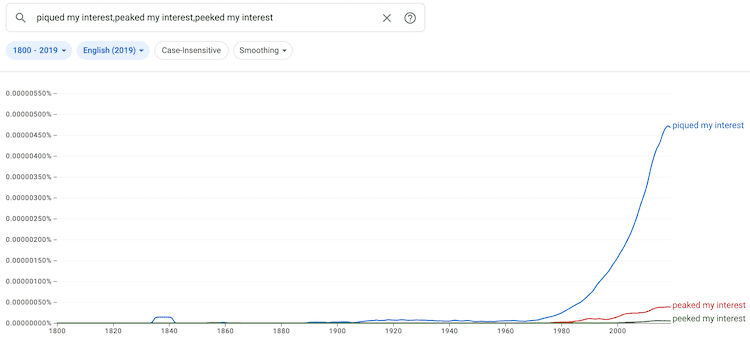
Also noticeable is that the incorrect forms started appearing at about the same time.
However, piqued my interest is noticeably the most common and correct form.
But when I did a quick search of Google books, it was easy to find many published books using either peaked or peeked my interest.
Here are a few quick examples.
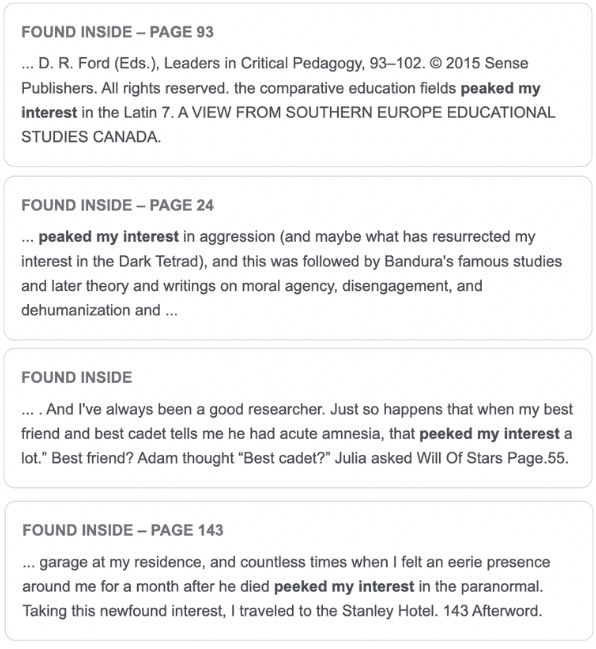
These instances may have been due to inadequate editing or, for later books, self-published titles with poor proofreading or editing.
But whatever the cause, it’s clear that this expression is often confused or misused.
To avoid confusion, you could consider using a different expression, such as captured my attention, caught my eye, or got me thinking.
But to be clear, the only correct form of the expression is piqued my interest.
The other two forms are incorrect.
When you use any fixed expressions in your writing, it’s always a good idea to take a moment to check.
Why peaked and peeked are not correct

You often see the expression using these two verbs instead of piqued.
Peaked my interest is wrong. The word peak as a noun means the top point of a mountain or a similarly shaped object.
Whip egg whites to stiff peaks.
The verb peak means to reach the highest point, either literally or metaphorically.
His career peaked in the early seventies.
The word peek is more straightforward because the verb and noun both have the meaning of taking a quick look or glance at something.
I took a quick peek through the curtains to see what the neighbors were doing.
Therefore, neither peak nor peek work in the expression. You can’t reach the top of your interest or look at it quickly.
Other misused words you occasionally see in the expression are it picked my interest, it ticked my interest, or it pecked my interest.
These are not correct either. But it is understandable if a writer doesn’t take the time to check for the right word choice.
However, there is one verb that can possibly be used in place of pique.
You will sometimes see prick my interest or curiosity.
From the BBC:
So, while it’s a small but personal link to the ship, it was more than enough to prick my curiosity to want to find out more.
From the Huffington Post:
I nearly always notice something different that will prick my curiosity.
I would always prefer pique. But because the verb prick has a similar meaning, it is correct.
Other verbs to express curiosity and interest
You can also use expressions with different verbs that have a similar meaning to piqued my interest.
Aroused my curiosity
Stirred my interest
Caught my attention
Drew my attention
Captured my imagination
Attracted my attention
Captured my interest
Got my attention
Synonyms for pique
The Merriam-Webster Thesaurus provides a handy list of synonyms and phrases for pique someone’s interest.
Synonyms:
Inspire
Attract
Interest
Motivate
Excite
Intrigue
Enthuse
Dazzle
Phrases:
To make someone feel excited, enthusiastic, or impressed.
To make someone want to know more.
Fire someone with enthusiasm.
Capture someone’s interest/imagination/attention.
Always check your homonym use
English homonyms or homophones need extra attention when you’re writing.
It’s easy to get a set expression wrong if you’re deep in your thoughts and concentrating on writing your story, article, or blog post.
But readers notice.
People will be quick to criticize you, especially if you mistype or misuse words in set expressions.
Can you bear/bare with me for a few minutes?
He pored over/poured over the manuscript, looking for errors.
He waited with bated/baited breath.
In one fell/foul swoop.
To me, it’s a matter of principle/principal.
The only way to be sure you’re correct is to refer to a good dictionary and thesaurus.
But most computers and word processors have these two tools installed by default.
Writers also have a vast selection of other excellent free resources available online today.
However, taking an extra minute to check your use of set expressions is always good insurance.
Summary
Hopefully, I piqued your interest with this article.
It’s not a phrase we use very often. But it’s worthwhile knowing how to use it or replace it when the need arises.
You will undoubtedly see peaked my interest many times when you are reading online.
But at least you now know why it’s incorrect.
Related reading: Is It Walked Passed Or Walked Past?

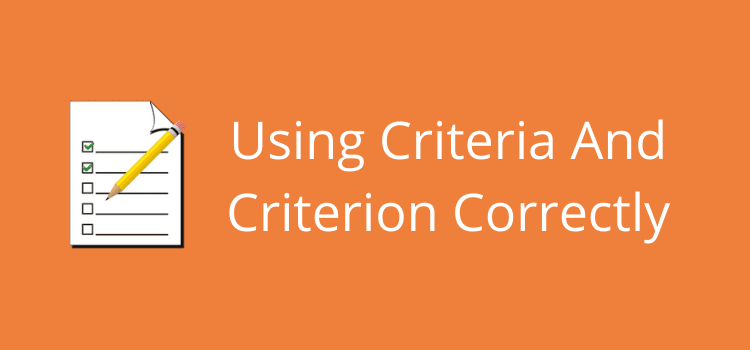
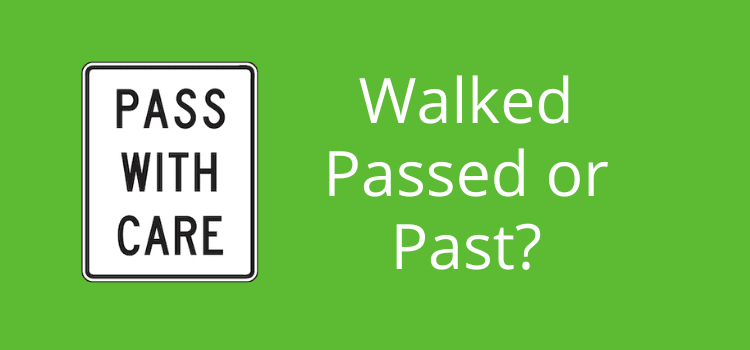
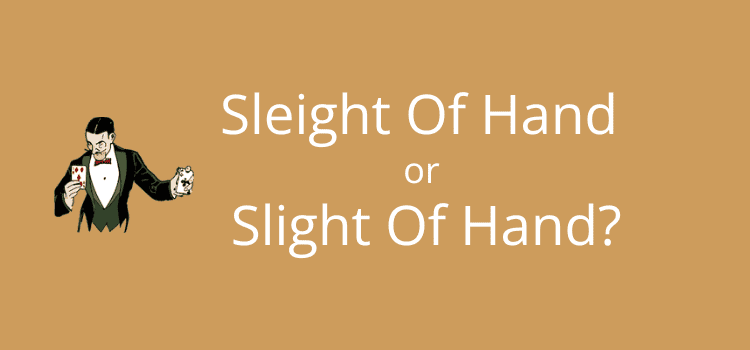
“You can’t reach the top of your interest”
…yes you can?? In EXACTLY the same way as your example “His career peaked in the early seventies”.
Think of it like a graph of level-of-interest. If my interest goes up suddenly, you’ve peaked my interest.
The reason there’s so much confusion between piqued (which I agree is originally correct) and peaked, is because it DOES make sense.
Also, words have meaning we give them. Peaked is used so widely that it stops being incorrect by virtue of so many people thinking it’s correct.
Thanks for the post Derek! I was about to comment a publication on the internet and was suddenly frozen because I felt “piqued my interest” was way too french to be the right spelling. So I changed it to peaked but found it not right at all. And then I ended-up here :)
You would be ” amazed ” how we use pique and its related verbs and meanings here in France… It’s a mess!
We can say ” Piquer une colère ” ” to have a tantrum “.
Also, we use the verb piquer in place of ” to steal “: ” Il a piqué mon sandwich ” ” He stole my sandwich “.
There is also the expression ” Piquer du nez ” meaning ” Nose-diving ” for an aircraft. This one is commonly used in a figurative sense to say ” falling asleep “: ” J’ai piqué du nez dans le métro” ” I fall asleep in the metro “. It’s only used in situations where you fall asleep elsewhere than in a bed, because your head has to fall in front of you so your nose can “dive” toward the ground haha.
Finally we use it as ” to prick “: ” I pricked my finger with a thorn ” : ” Je me suis piqué le doigt avec une épine” and as piqued: ” He piqued my curiosity ” ” Il a piqué ma curiosité “.
I always thought it was related to “prick” because it has this meaning of being suddenly struck by interest in the same way we use striking ( frappant) in both languages to express an mental ” hit “.
Anyway, very interesting topic! Thanks again for the nice content
Thanks for your input, Greg. The relationship between French and English is always fascinating.
re: “The verb peak means to reach the highest point either literally or metaphorically.
He reached the peak of his career in the seventies.”
You cited ‘peak’ as a verb, but then used it as a noun in your example.
Thanks for noticing, Jerry. I’ll have to edit that line.
Thank you so much your explanations are wonderful and easily understood and I truly appreciate your thoroughness in explaining every facet in the use of the word it was very helpful thanks again!/